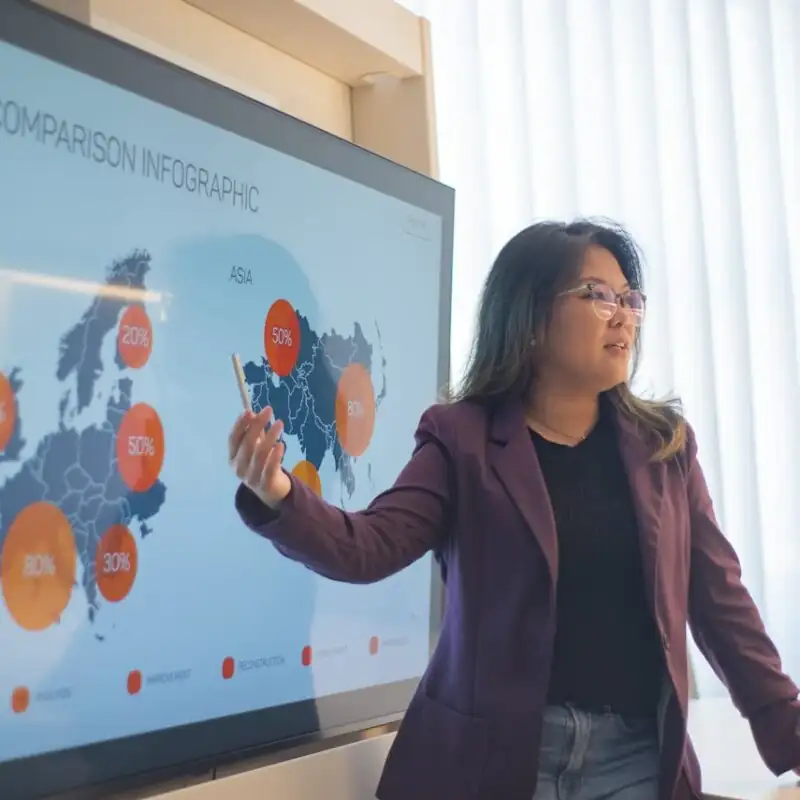Category
Industry Trends
AccuraCast is an international digital marketing agency. Our multilingual advertising, seo and social media marketing services are powered by data intelligence and cutting-edge technology. Find out how we can help.
0800 019 6813
+44 203 371 8155
Unit 6, 102 Camley Street
King's Cross, London N1C 4PF
United Kingdom









